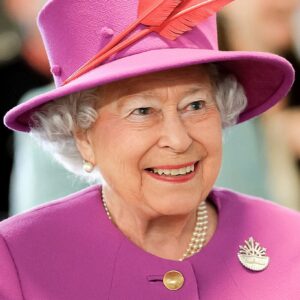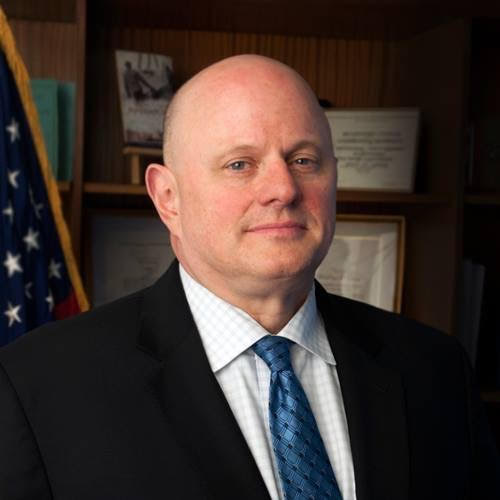Queen Elizabeth, head of state of the United Kingdom and 14 other countries since 1952, has died.
Her birth did not necessarily portend a rise to the throne. Her uncle, King Edward VIII, abdicated the throne to marry an American, and his brother crowned King George VI in 1937.
When her father died in 1952, she ascended to the throne at 25 and was coronated in 1953.
Despite her youth, it was apparent she had been prepared, and her dedication to her official duties was something she took seriously up to and including her last official act of welcoming Britain’s new prime minister, Liz Truss, and saying goodbye to the outgoing Boris Johnson just days ago.
She and her husband, Prince Philip, were married 73 years until his death last year. They had four children, including her heir, Prince Charles.
She has remained the dignified, calming figure for the United Kingdom and much of the world.
“Queen Elizabeth has retained her image and influence as a pillar of the Western world for seven decades,” said Rich Outzen, a foreign policy expert. “Part of the reason is her personality — charming, dignified and engaging — only enhanced by popular media,” he said.
Her 70 years on the throne was a powerful symbol of continuity. Her reign was not only the longest in United Kingdom history but in the history of the world.
“Queen Elizabeth is the last link to those who led the victory of the British Empire in World War II,” wrote Robert Wilkie, a former U.S. cabinet secretary and noted defense and foreign policy expert. “Winston Churchill was her first prime minister. She is the embodiment of selfless service to her nation and to all that Great Britain has given to the world.”
Despite mainly having symbolic powers, she consulted with 14 previous prime ministers (and formally invited them to service), engaging them weekly. Their conversations, heard by no one else and not publicly discussed afterward, were no doubt built firmly on a wide and deep foundation of knowledge and understanding in state and international politics and governance.
She assumed the throne at the end of the Korean War and saw her countrymen and women fight in the Falkland Islands in 1982, the “troubles” in Northern Ireland, and more recently in the global War on Terror.
She participated in World War II as a military mechanic and had a long and enduring bond with her country’s military.
With the queen’s death, Prince Charles ascends to the throne as king and is expected to be crowned at a future date.
Although monarchies in general are decidedly not American, she nevertheless was widely admired in the United States and much of the world.
Her steadfast patriotism and dedication to her subjects and to freedom internationally will be analyzed for hundreds of years to come.


